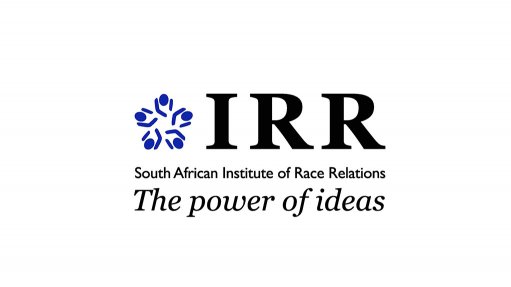
The National Treasury has no convincing reason to believe that its proposed 20% excise tax on sugar-sweetened beverages (SSBs) will be effective against obesity, says the IRR in a policy paper on the proposed tax, published yesterday.
Says the IRR: “The ‘mathematical model’ the Treasury cites as evidence that a 20% tax on sugar-sweetened beverages (SSBs) will reduce obesity by 3.8% among men and 2.4% among women has no hard data to support it. Instead, it rests on nothing but five assumptions, none of which is likely to hold true in the real world.
“The model is also far more tentative about its predictions than the Treasury admits, saying that the reduction in obesity could be as little as 0.4% among men and 0.3% among women.
“Moreover, even these small gains will be achieved only if all five of the assumptions on which the model rests are fulfilled in practice.”
Though the Treasury fails to point this out, the model also stresses the need for further research into various important issues. These include (in its own words):
- “the possible effect of SSB consumption on the daily energy balance and weight change”;
- “the extent to which reduced SSB sales would have adverse economic or social consequences, such as job losses”, and
- “whether these adverse consequences would outweigh the benefits of reduced obesity”.
Adds the IRR: “The Treasury also claims that the SSB tax is the most ‘cost-effective’ intervention against obesity. But international experience shows that sugar taxes have little, if any, impact on obesity, while the most effective interventions include portion control, reformulation, parental education, and promoting physical exercise at schools.
“However, as the Treasury is well aware, an SSB tax will cost it very little, compared to other possible interventions. So what it really means is that the tax is the cheapest way the government can purport to tackle the obesity problem, while bringing in useful amounts (R10.5bn or more) of additional revenue at the expense of hard-pressed consumers.”
Submitted by the Institute of Race Relations